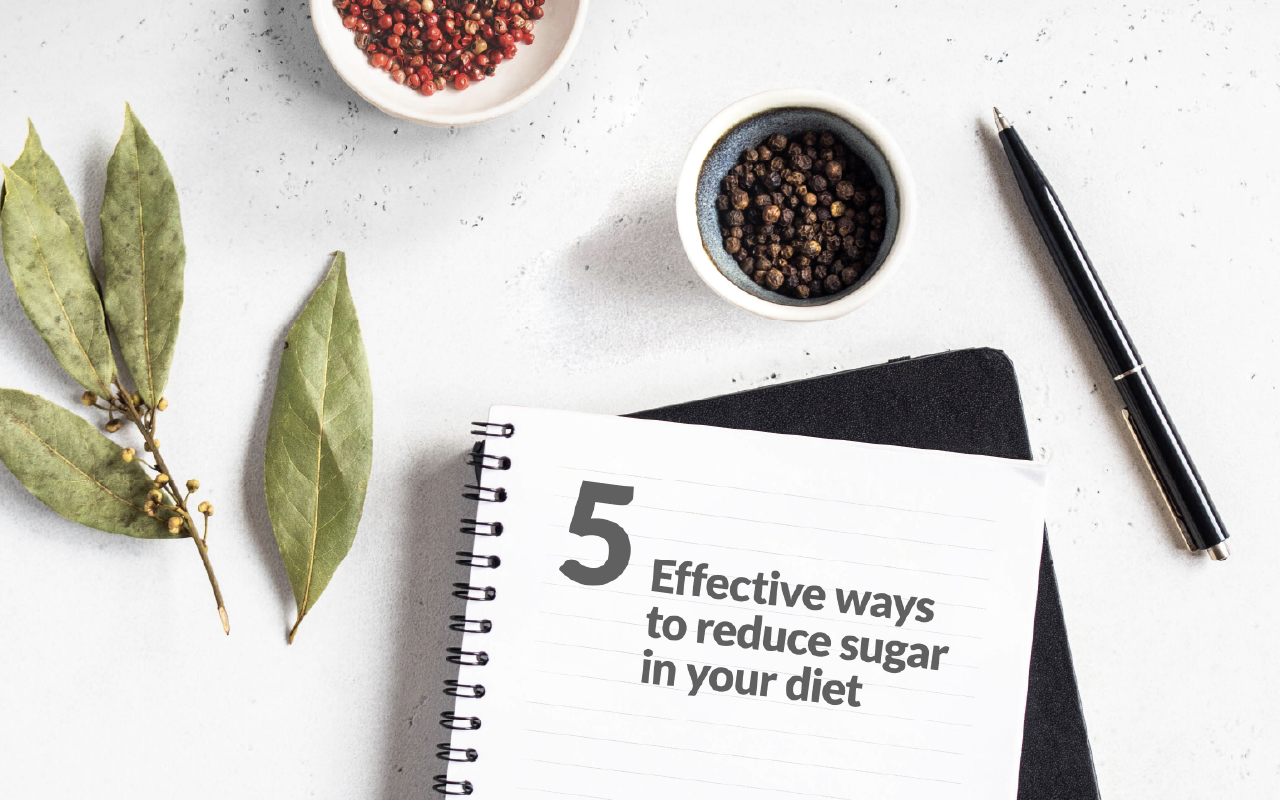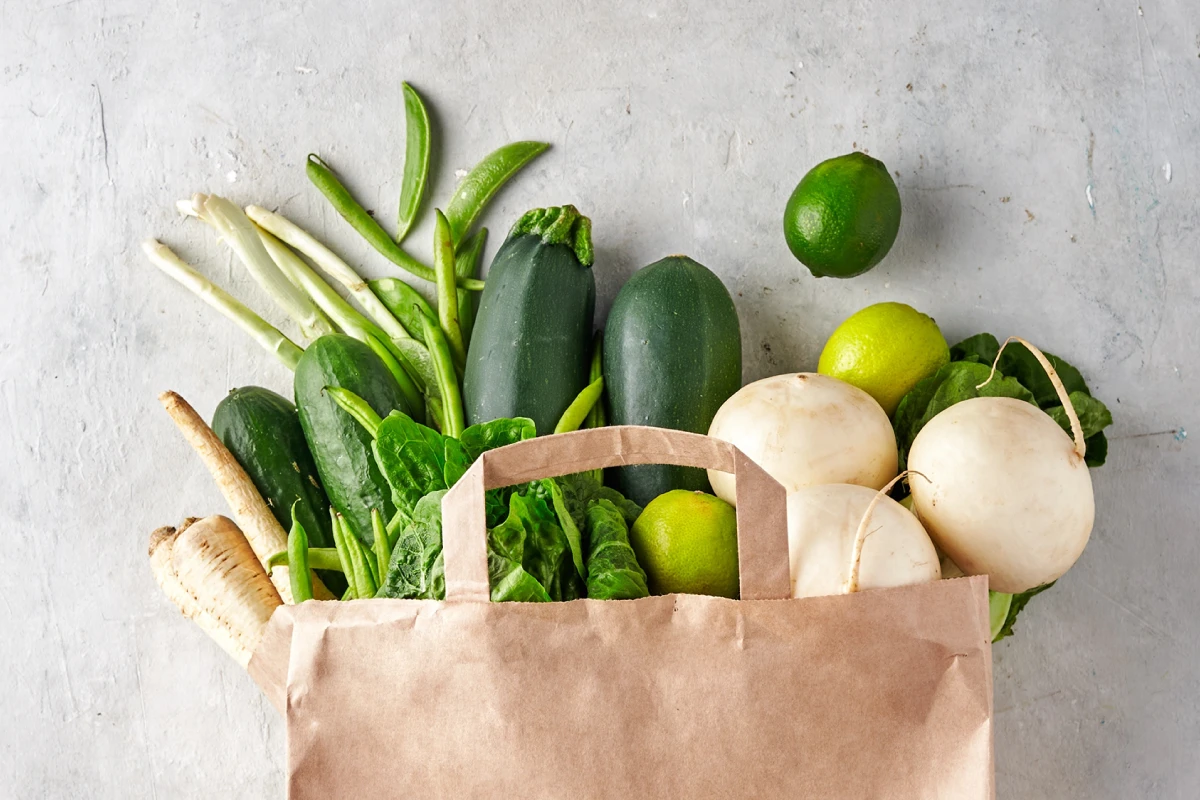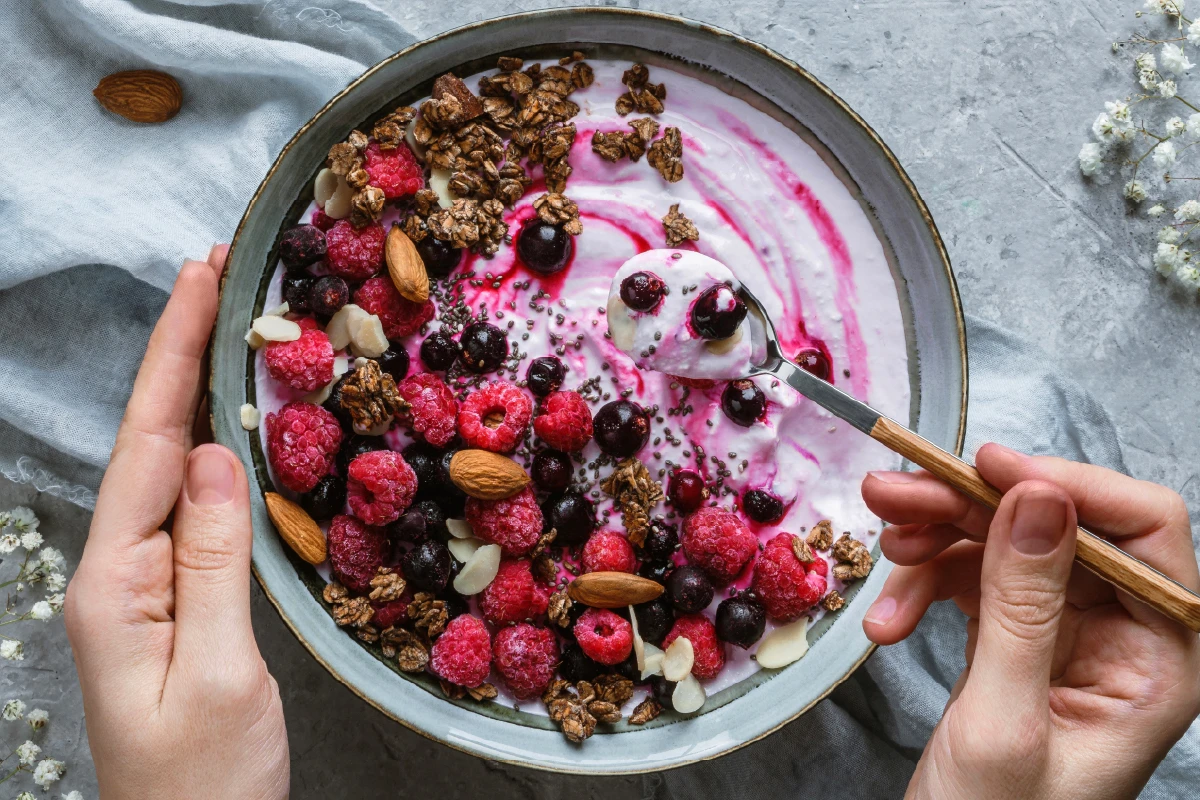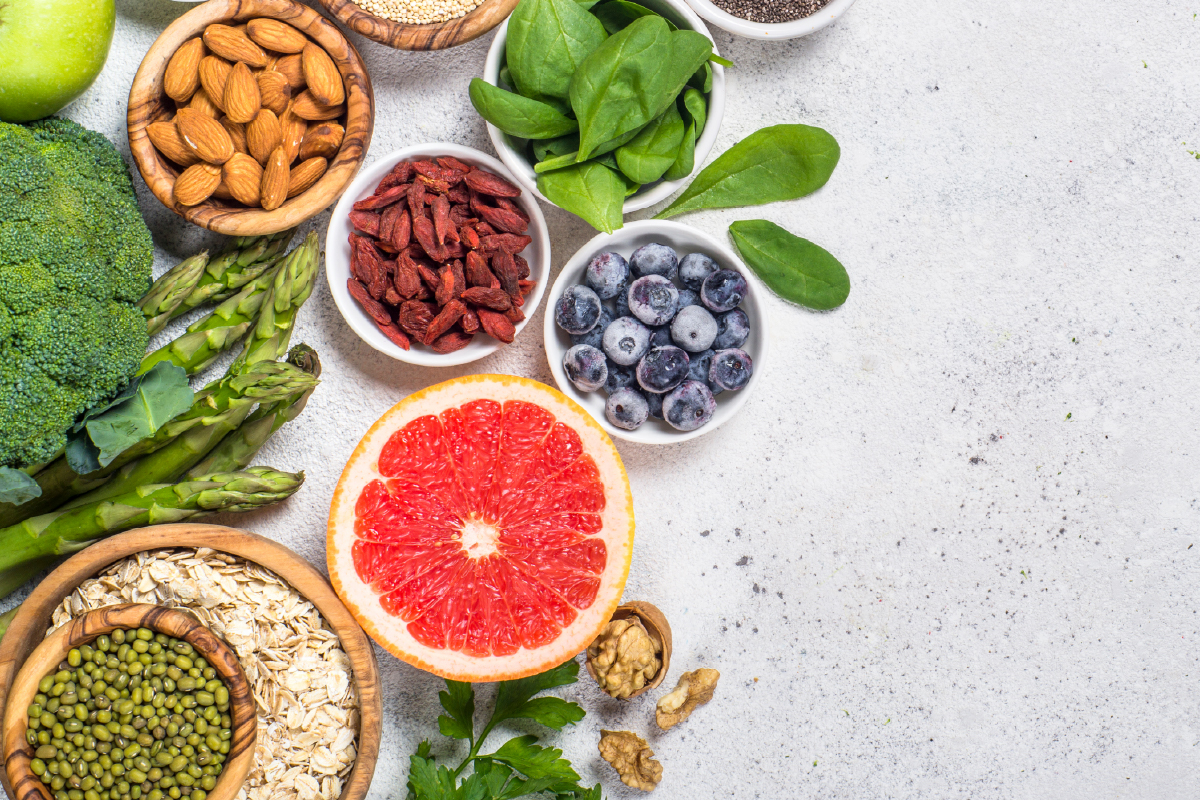5 Effective Ways To Reduce Sugar In Your Diet


Sugar was never considered a healthy ingredient, but over time it has been associated with the emergence of several chronic pathologies with obesity, type 2 diabetes and cardiovascular diseases being the ones that are at the forefront of its excessive consumption.
But if sugar is considered a “public enemy” why do we consume so much and how can we consume less of it? The biggest issue is the “hidden” sugars which are present in many foods that we are not aware of. These make it extremely easy to consume more than what is considered acceptable in one day.
The World Health Organization (WHO) recommends that the consumption of simple sugars does not exceed 10% of the energy ingested per day. That is, no more than 10% of the calories consumed daily must come from sugars. However, the WHO highlights additional health benefits if the consumption of simple sugars does not exceed 5% of the total energy value.
So, what can you do to reduce your sugar intake?
1. Recognize the various names for sugar
If you go to your pantry and start looking at labels, you will notice several names assigned to sugar. We can classify them in the group of pure sugars such as cane, brown, coconut, beet, but there are also other forms of sugar such as honey, molasses or corn-based sweetener. Then there are the syrups, corn syrup, maple syrup, malt syrup or agave. Already confused? We still have more… In the group of “oses” we can find dextrose, fructose, sucrose, maltose, galactose, lactose and glucose. Finally, we still have sugar alcohols or polyols such as xylitol, mannitol and sorbitol.
2. Use fruit and cinnamon to sweeten
Cereal, granola, yogurt and many other packaged foods often contain substantial amounts of added sugars. Adding honey or syrup on top will add even more. Instead, opt for fresh fruit or cinnamon to add sweetness and flavor. Oatmeal with apples and cinnamon can be a morning treat for your tastebuds without any added sugar!
3. Choose seasonal produce
If you’ve ever eaten blackberries in the middle of winter, you know that out-of-season fruit and vegetables aren’t as tasty. They’re more sour and usually less colorful. Always choose seasonal produce because, in addition to being tastier, you will be able to take full advantage of all their nutritional benefits.
4. Avoid sugar-filled condiments
Ketchup, barbecue sauce, and other sauces are flavorful, but are often packaged with a lot of added sugars. Although it is now possible to find “healthier” alternatives, most are still very high in sugar and void of other nutrients. Go for condiments like olive oil, vinegar, mustard or even homemade mayonnaise and always try to add flavor to your dishes through spices and herbs.
5. Sleep well
This recommendation may seem strange, but there is growing evidence that people who sleep less than 7 to 8 hours a night tend to consume more sugary products than those who get adequate sleep. Next time you are deciding between the next episode of your current favorite series or sleeping, remember this and get more rest!
Care with sugar consumption should be instilled from childhood, since it is at this time that eating habits are created for life and excessive consumption of sugar from a young age contributes to an increased risk of early onset obesity, type 2 diabetes and cardiovascular diseases.









